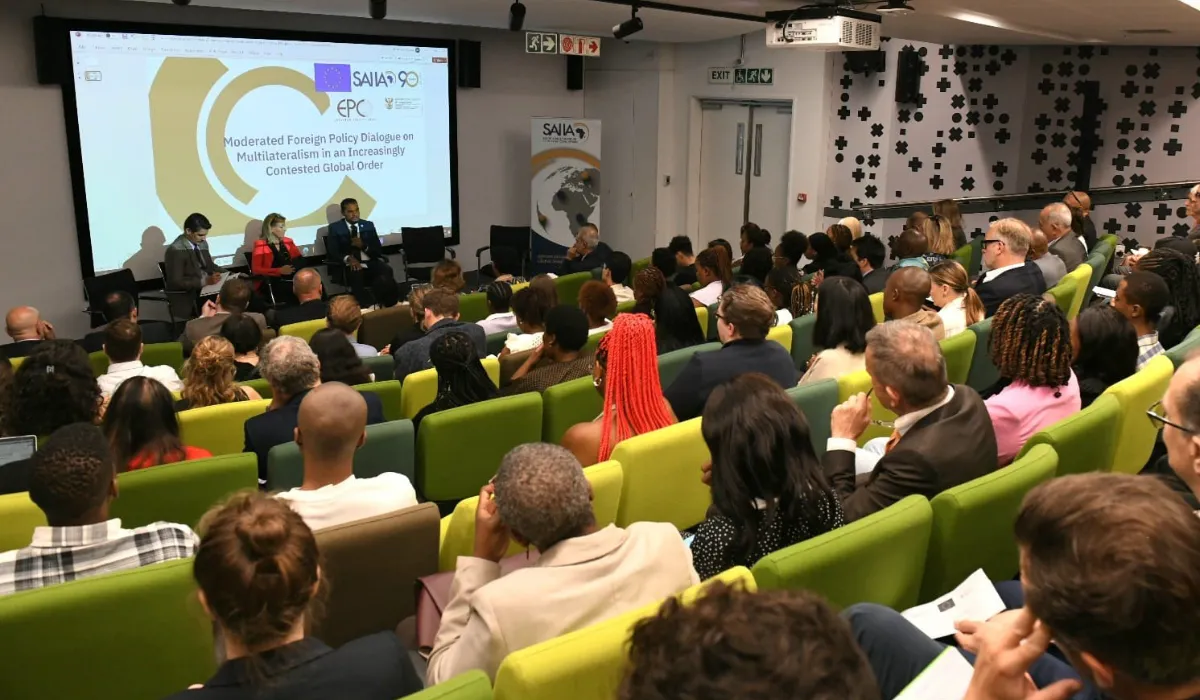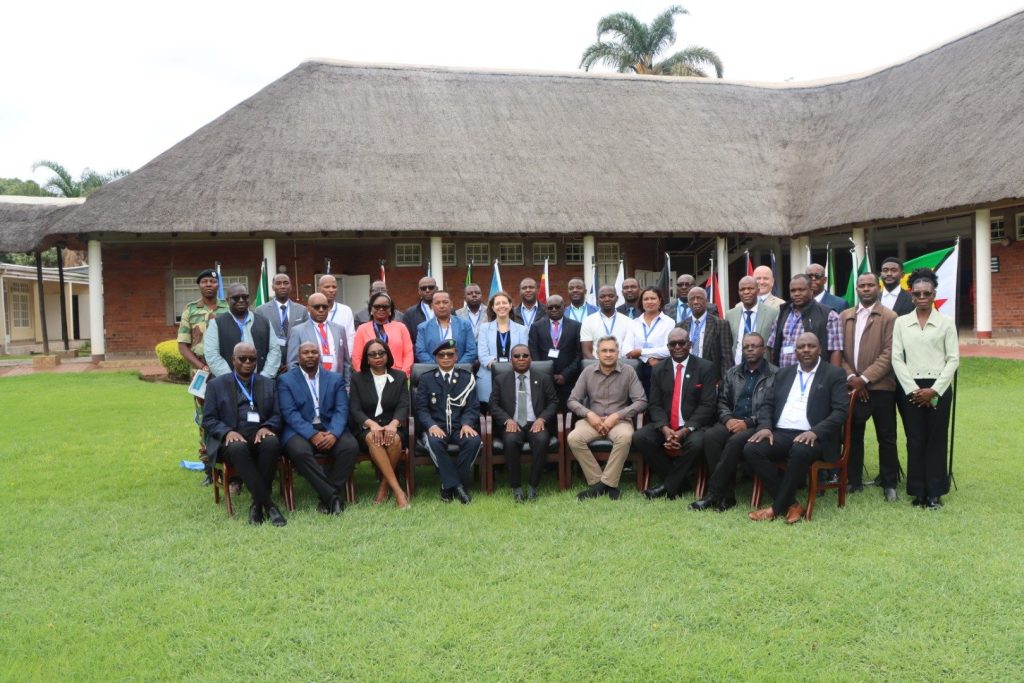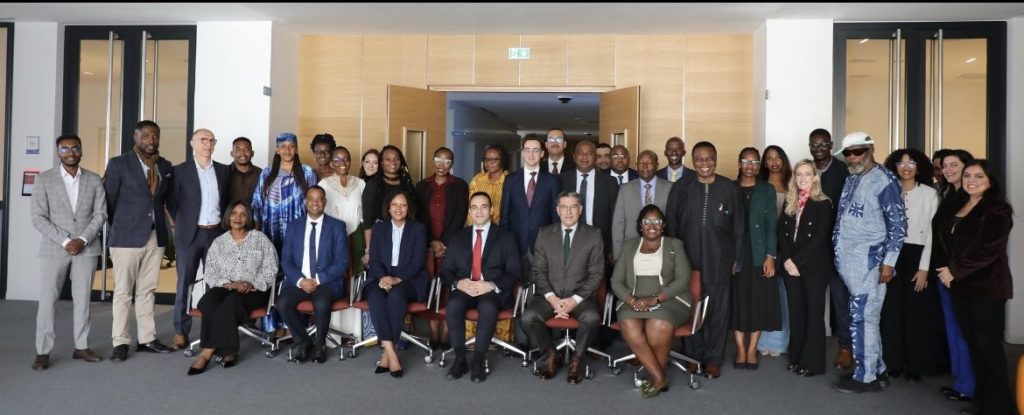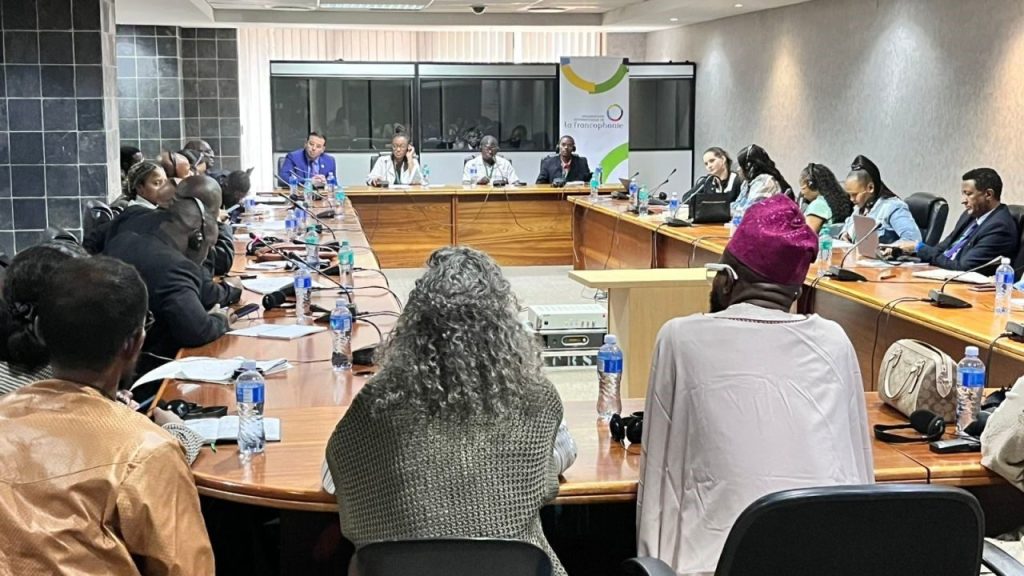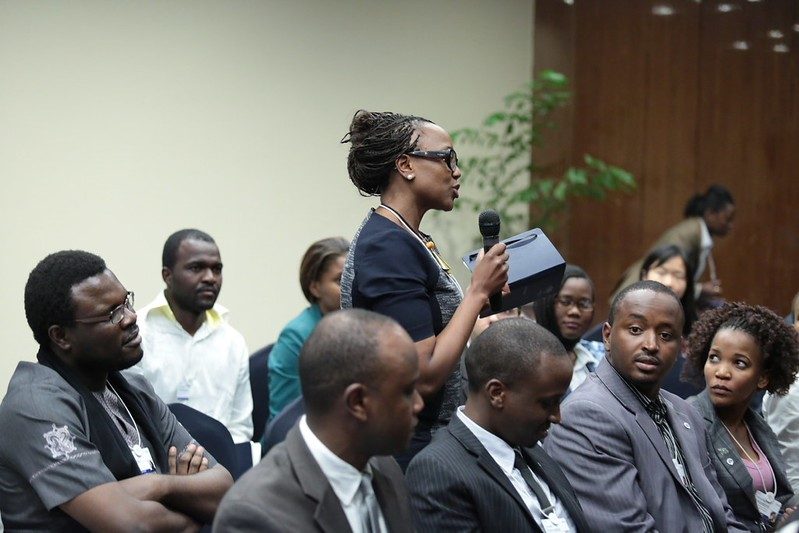On 24 April 2024, the South African Institute of International Affairs (SAIIA), in collaboration with the European Policy Centre (EPC), the European Union Delegation to South Africa, and the South African Department of International Relations and Co-operation (DIRCO) hosted a moderated foreign policy dialogue titled Multilateralism in an Increasingly Contested Global Order.
The dialogue, which took place in Pretoria, South Africa brought together experts and stakeholders from South Africa and Europe to engage with each other on the role of multilateralism in the current global order. The discussions focused on the key drivers that shape the current system and the threats that it currently faces. A key point that stemmed from the dialogue is that while multilateral institutions work, these institutions are often undermined by states’ self-interests and irregular adherence to international norms and values. It was further stated that reforms are needed at the level of the United Nations Security Council, while ways to enforce norms and values need to be established.
The dialogue included presentations from the Deputy Minister of International Relations and Co-operation of South Africa, Mr Alvin Botes; Ambassador of the European Union to the Republic of South Africa, Ms Sandra Kramer; Chief Executive of SAIIA, Ms Elizabeth Sidiropoulos; Chief Executive and Chief Economist of the EPC, Mr Fabian Zuleeg; Senior Lecturer at the University of Pretoria, Dr Sithembile Mbete; and Chief Director of United Nations Political, Peace and Security at DIRCO, Mr Zaheer Laher. Several university students also attended the dialogue and contributed to the discussions.
ACCORD remains engaged with issues related to multilateral institutions and discussions around their effectiveness and impact, especially as they relate to Africa.

